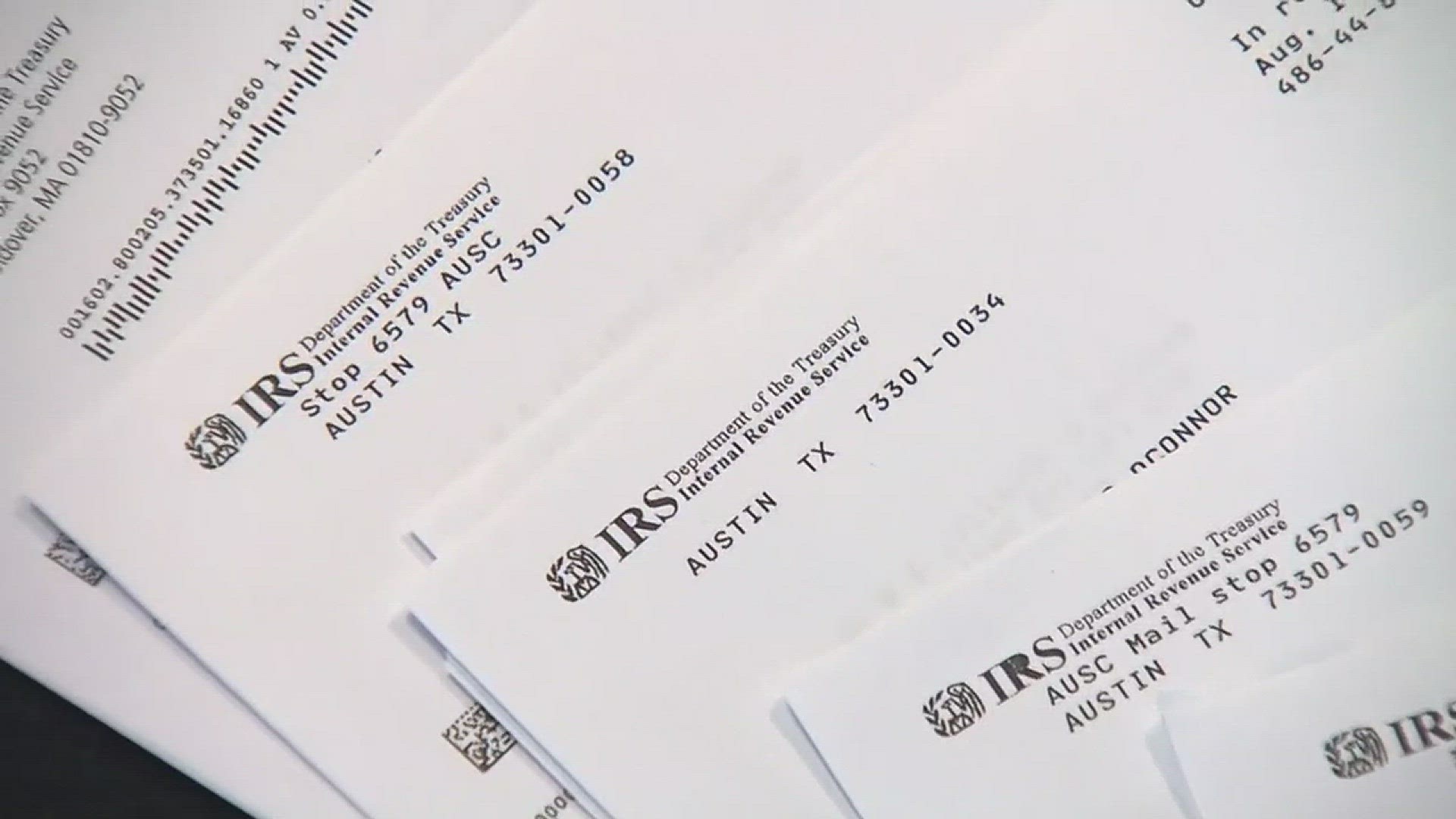Tax scam calls have soared 1,218 percent since last year, inundating American taxpayers with often threatening calls in the name of the Internal Revenue Service.
Scammers use multiple methods to trick victims out of their money, according to Hiya, a phone spam protection company that analyzed the growth in tax scam calls made in January and February of this year versus 2017. The most common con involves telling the victim that they're under investigation for tax fraud and that they'll be arrested if they don't pay a bogus back tax bill immediately.
However, another more ominous scam has appeared this year in which con artists steal tax return data from preparers, and then file returns in the victim's name. Surprisingly, they still direct the refunds into the victim's own bank account. But they then contact the victim, and say the refund was deposited in error.
The IRS has warned about this fast-growing con twice this tax season, saying that any taxpayer who receives a refund that they didn't apply for should contact the agency immediately at its toll-free number (800-TAX-1040). And you should have your bank return the payment to the IRS and immediately take steps to secure your bank account. You may also want to check the security of any account that might be listed on your tax return, including your brokerage accounts.
If you get a phone call from someone claiming to be from the IRS, take note: The agency will never initiate a phone call to a taxpayer, unless they're returning your call.
But not answering the phone is not good enough protection.
Krebs on Security, a website that digs into cyber crime, recently revealed just how sophisticated this particular scam has become. Scammers are also using email, posing as a debt collection agency that purports to work for the IRS.
Contending in an official looking communication that mistakes in sending refunds are common, the debt collectors include a wide array of personal information about the victimized taxpayer to make the communication seem legitimate and even include an attachment that appears to be an official IRS correspondence, called a "transaction error correction letter," according to Krebs.
In this fake IRS notice, which uses a realistic IRS logo, victims are told that they must return the refund money to a "local refund account" within 24-hours. In an FAQ, "What if I ignore this request?" links to a real IRS webpage labeled "How Criminal Investigations Are Initiated."
If you suspect you are a victim of this scam, the IRS has published step-by-step advice here.

